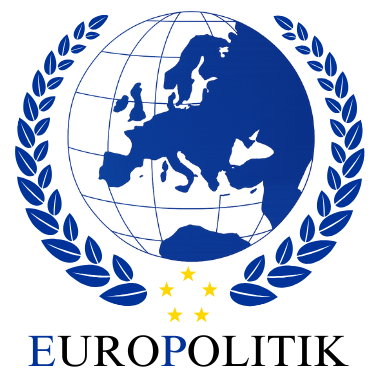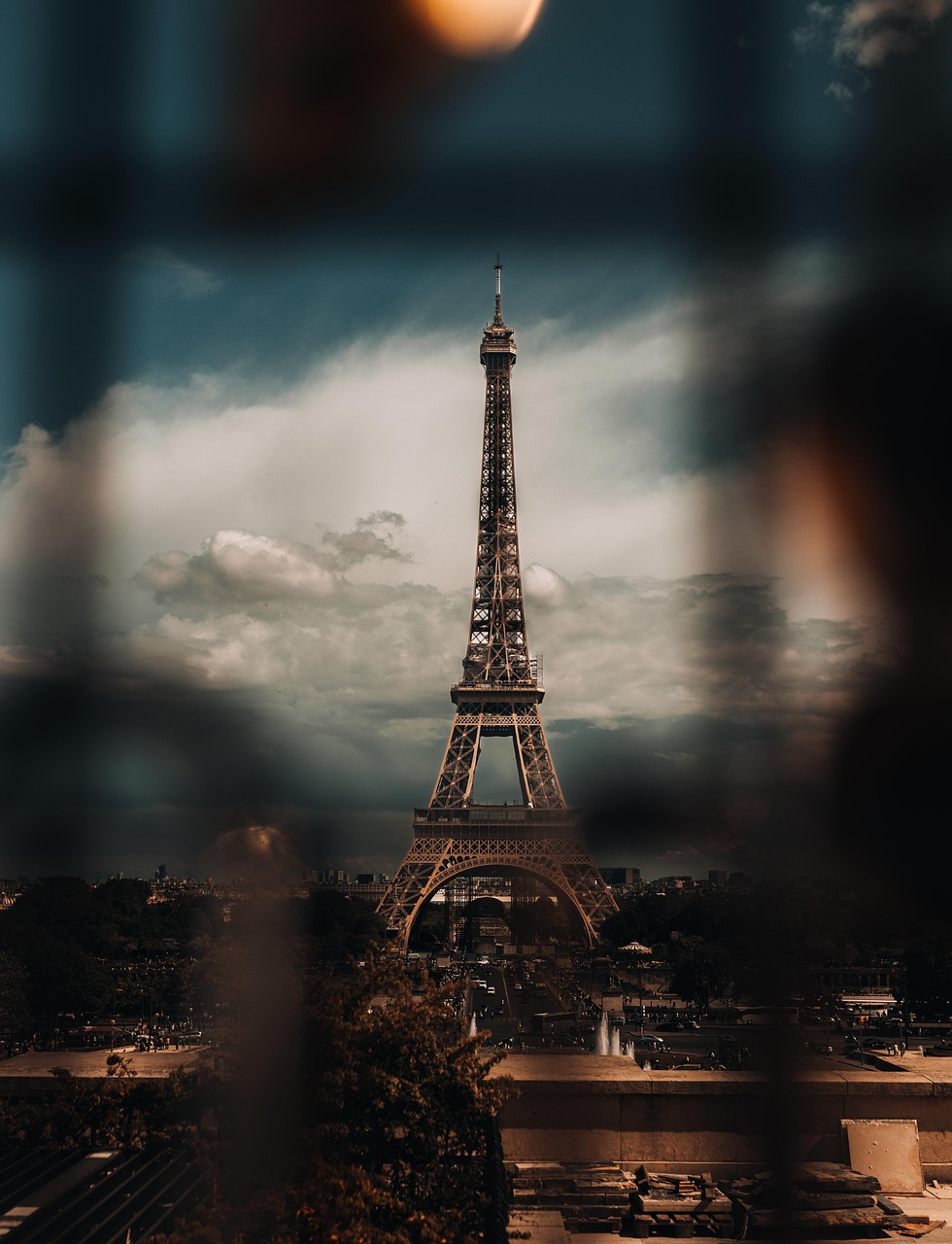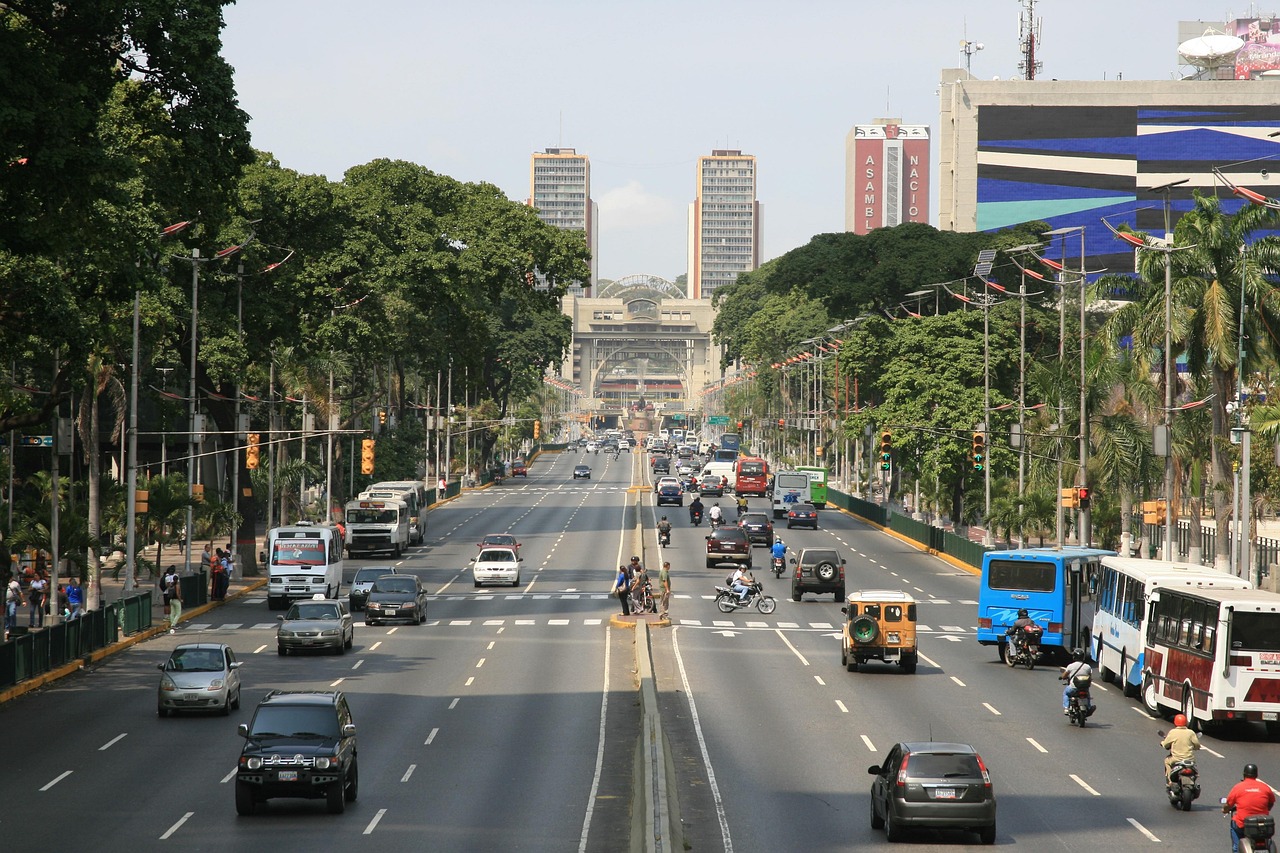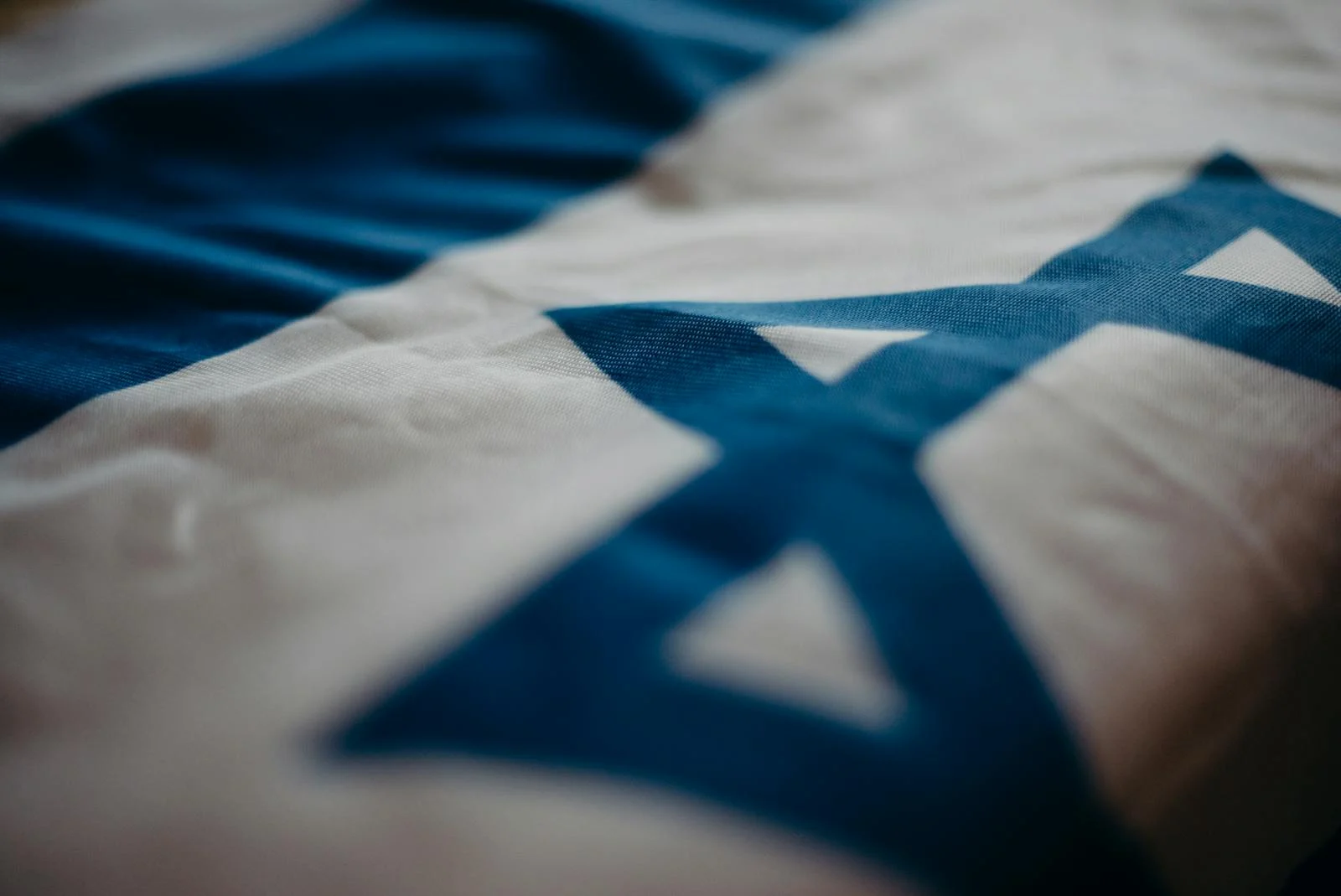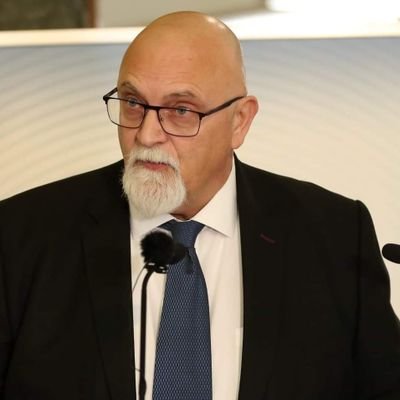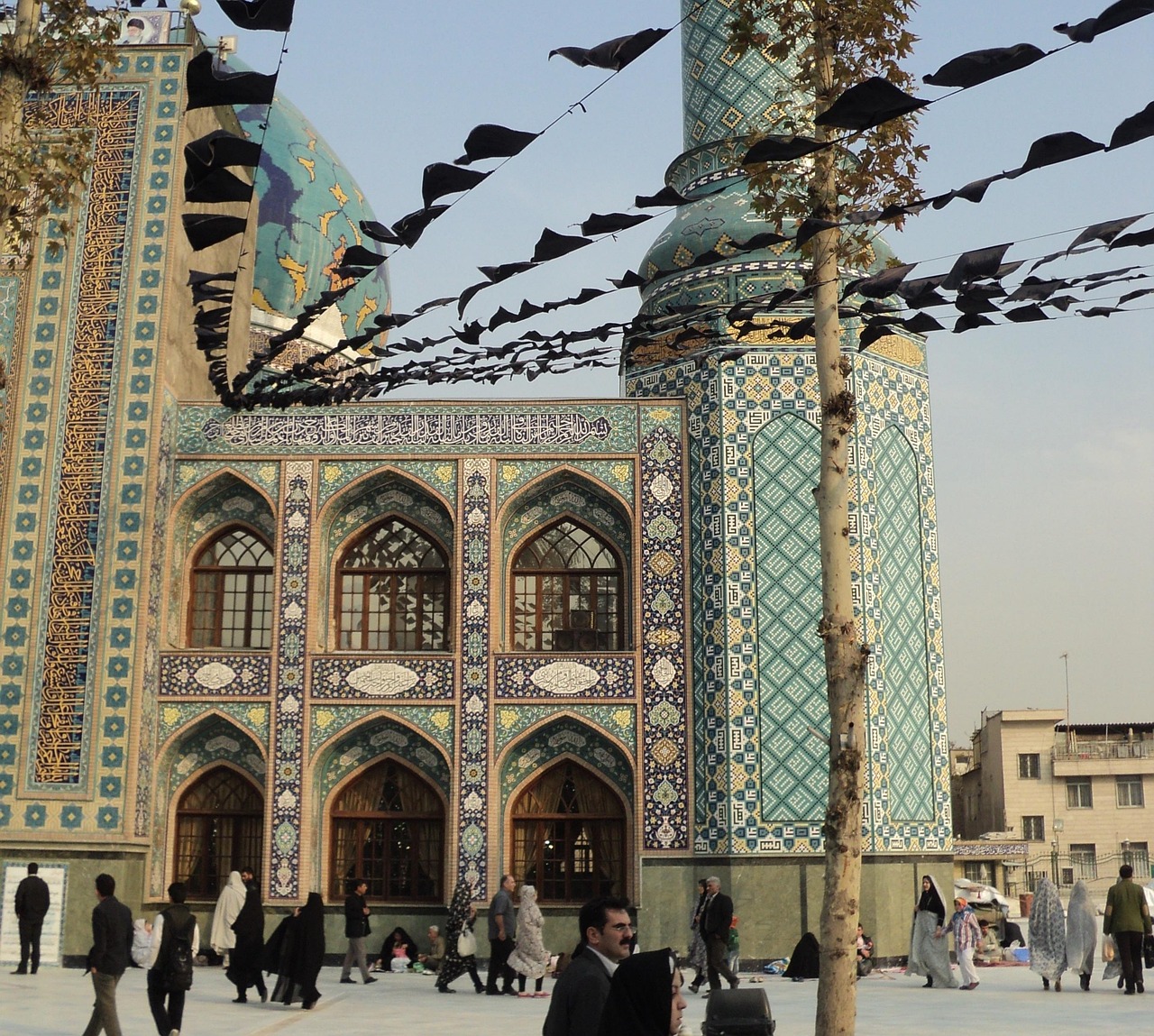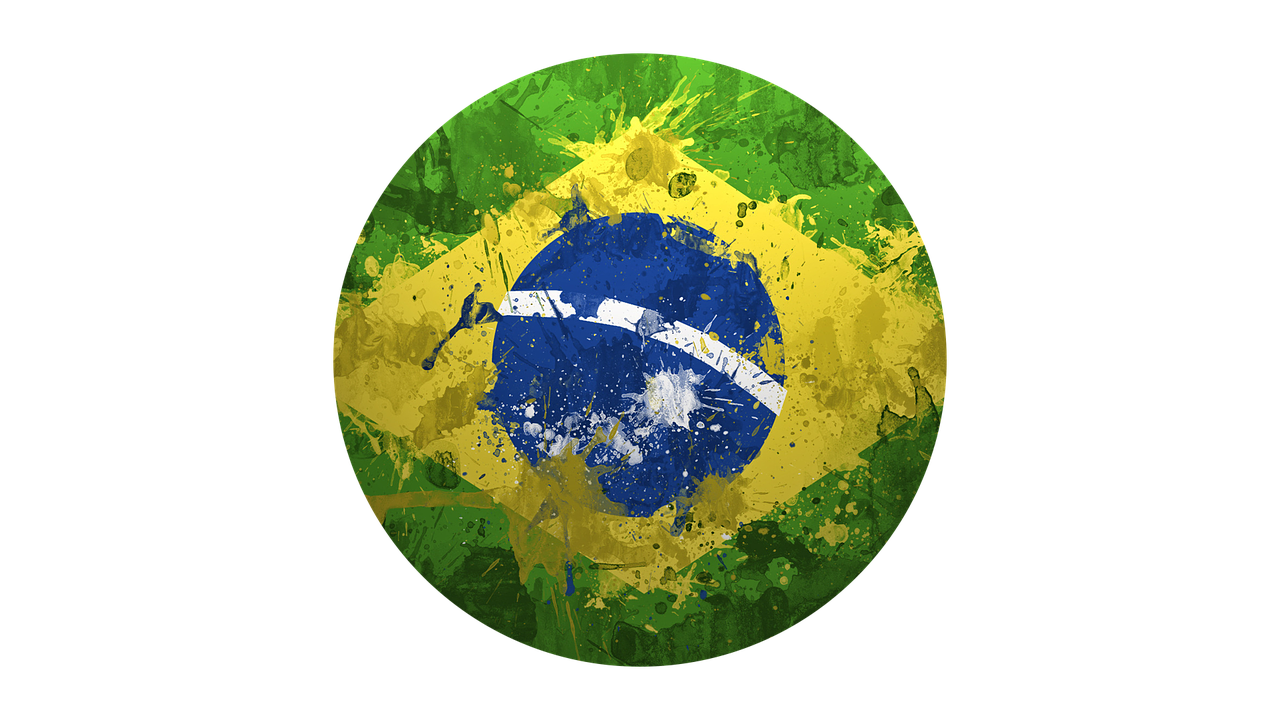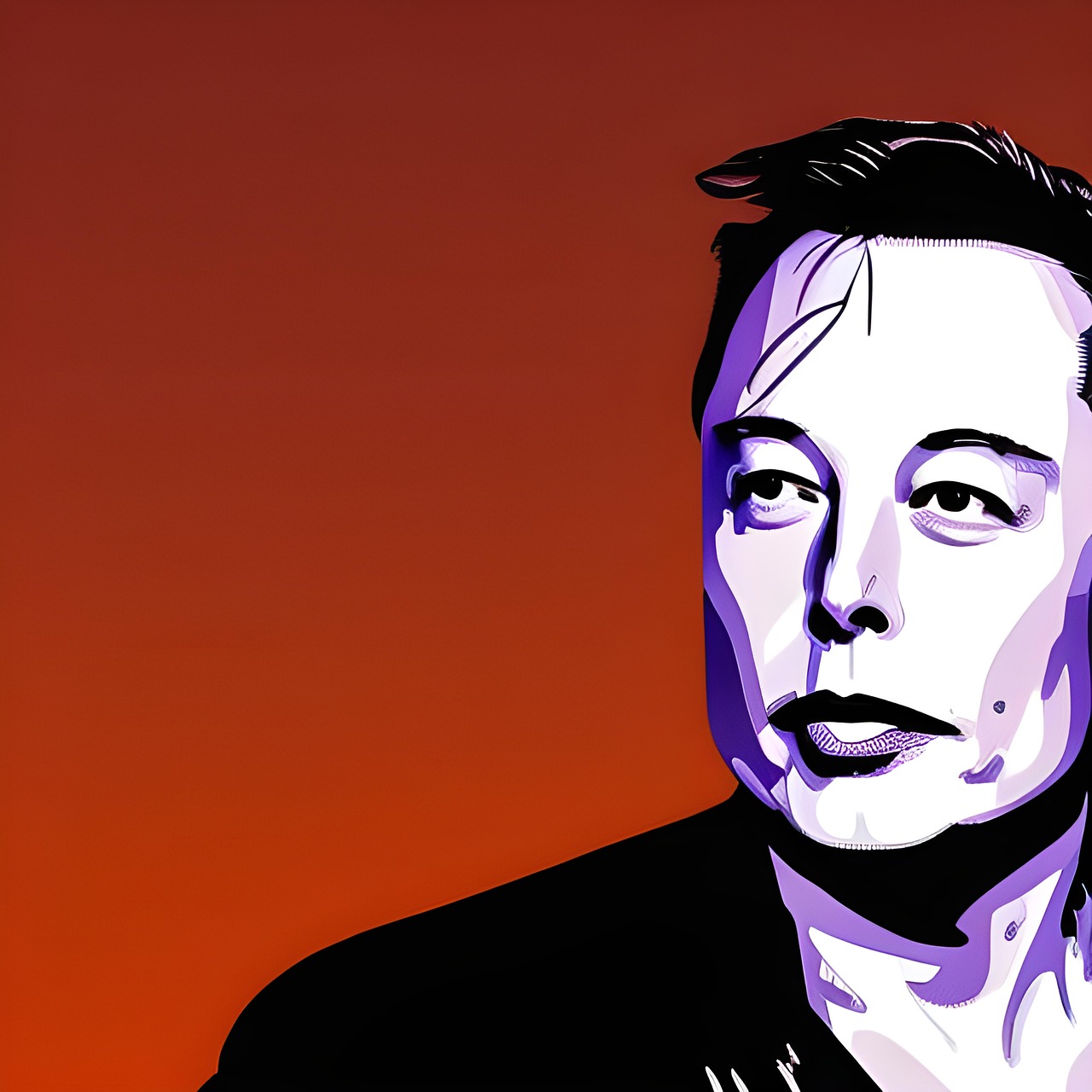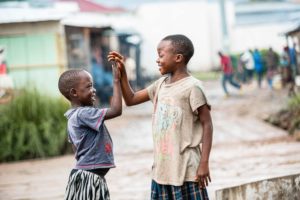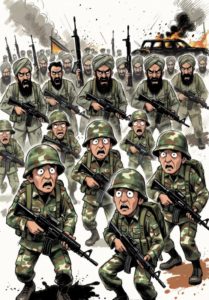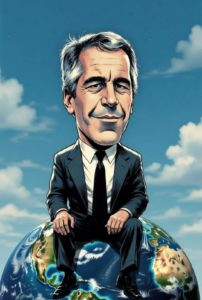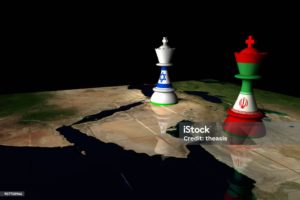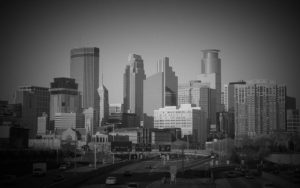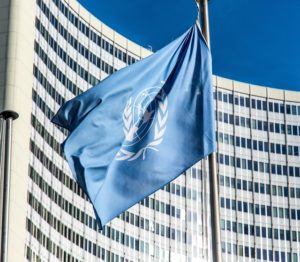Each commemoration of November 13 brings us back to that autumn night when Paris tipped over. Ten years on, the memory of the Islamic State attacks against the capital remains a tear that has never fully closed: the café terraces, the Bataclan, the collapse of a country that believed itself protected and suddenly discovered it was living, like all the others, on an ideological fault line between East and West. We presumed, arrogantly and comfortably, that violence belonged elsewhere—reserved for distant latitudes, for “other peoples,” supposedly accustomed to tragedy. For others, but not for us. And then the hatred arrived, at home, in the middle of the nightlife, at the corner of a terrace or during a concert, within laughter, music, wine, lyrics, youth, and careless joy.
France became, in the eyes of these apprentice executioners, the ideal target: an impious nation, a former colonizer, a protector of Jews, the homeland of the despised laïcité. And at the same time, the larger emblem of the West to be destroyed. The blue-white-red flag turned red. Those who struck were less soldiers than converted street delinquents, many of them shaped in prison for petty crimes, recycled into martyrs by recruiters who knew how to turn resentment into mission. Terrorism does not need theologians or scholars of Islam: it needs neuroses, rancor, emptiness—to turn zero-figure men into “hero-figures,” as psychoanalyst Fethi Benslama described.
Every November 13, each of us recalls where we were. That day, I was in Auschwitz-Birkenau. The parallel is not a convenience—it reveals something of the continuity of killing in the name of conviction, against the innocent. One can walk across brick ruins, along rails worn down by deportation, beneath rusted watchtowers, and still never understand how humans decide to kill innocents for abstractions. Nothing truly explains how young people out for a concert on a fall evening become victims to be sacrificed. Ten years later, the theater of the absurd remains. Worse than theater.
What we have repeated since—“never again”—no longer holds. France today lives in a climate saturated with anger, resentment, exhaustion. The reservoir of hate is full. The narrative was already in place: France is supposedly Islamophobic, colonial, complicit with Israel, an enemy of Islam. That cocktail fueled the desire to strike then. It has not vanished. It has simply mutated.
We like to tell ourselves the threat came from outside. Yes, the detonator was external. But that is not the truth. The threat was internal. It still is. The perpetrators of November 13 were not foreigners; they were “children of the country,” who never wanted—or never managed—to be part of it. That is what still terrifies us: the idea that part of the nation can turn its weapons against itself.
The threat has not receded ten years on. It has dispersed. It is less spectacular, but harder to detect. Jihadism is no longer an organization; it is an atmosphere. We have thrown Islamism into the pile of “at-risk causes,” alongside the ultra-right, the ultra-left, eco-sabotage, conspiracy movements, neo-messianic fantasies, raw madness. But in the real world—from the Sahel to the Levant—it continues to strike. France is only one fragment of the battlefield, but a symbolic fragment: the fragment of the freedom to live openly, or at least to try.
Nothing has really been resolved. Those who inspired the attacks are still here, in new forms. Some released from prison have gone back to fight. Others keep quiet, waiting for the next opening to strike again. Many who were imprisoned for radicalization before 2018, before the territorial fall of ISIS, are already out. Recidivism is not a hypothesis—it is a probability, with a 63% reconviction rate within five years of release. The suburbs have not calmed, and there is little reason they would. The fracture has not closed. The victim narrative that fueled the fire then has not disappeared; it has reinstalled itself, silently. Adherence to republican values has rarely been as weak in certain communities.
November 13 is not just a memory. It is a warning.
Ten years later, this is not about consolation.
It is about refusing illusion.
On that night in Paris, we stopped being spectators of the world.
We became, once again, a human and ideological battlefield.
